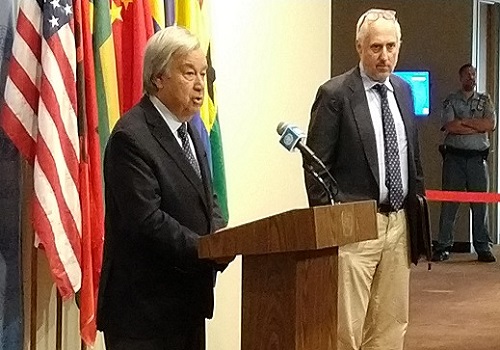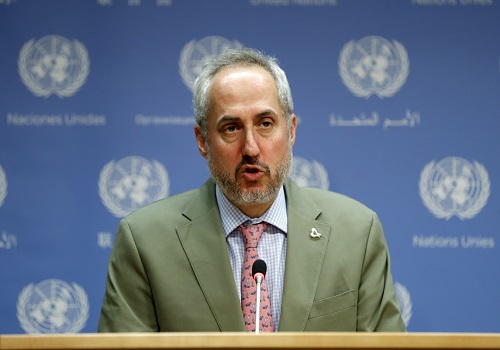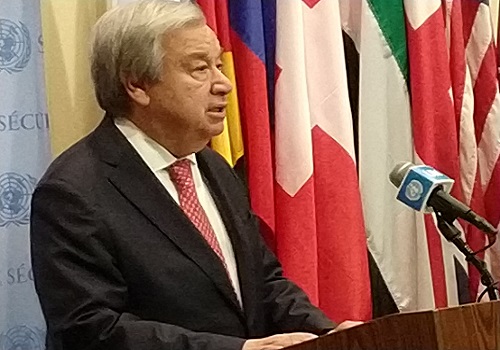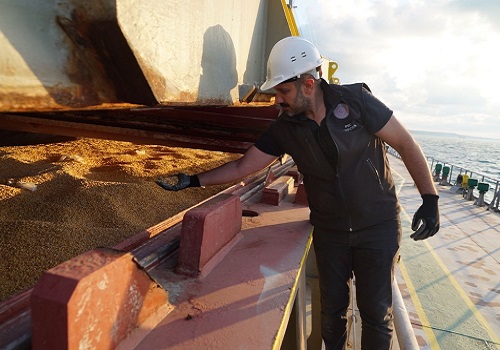Global partnership needed to overcome health challenges, pandemics, say health experts
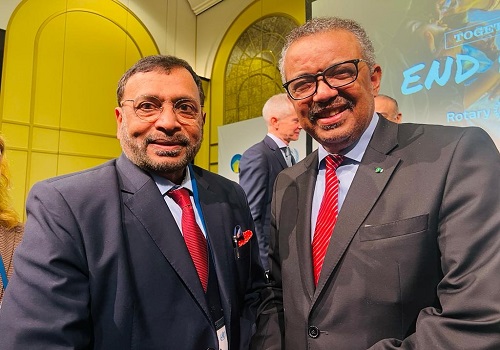
Follow us Now on Telegram ! Get daily 10 - 12 important updates on Business, Finance and Investment. Join our Telegram Channel
The three-day World Health Summit (WHS) 2022 was held in Berlin from October 16 to 18 under the patronage of the World Health Organisation (WHO).
The theme of this year's summit was 'Finding Solutions for Global Health'.
At the summit, WHO's Chief Scientist Soumya Swaminathan informed the gathering of the lowest link about 'Social Communication' established by WHO for health related services and information related to epidemics.
The WHS 2022 aimed to bring together health leaders and policy makers from all parts of the world, along with representatives working in the field of medicine. It also stressed on synergy for global health development and encouraging innovations for the pandemics that may occur in the coming times.
The summit was inaugurated in the presence of UN Secretary General Antonio Guterres, German Chancellor Olaf Scholz, French President Emmanuel Macron, WHO Director-General Tedros Adhanom Ghebreyesus and more than 2,000 delegates from more than 100 countries.
At the opening ceremony, Scholz said that "networking and good cooperation across national borders is important, especially in the field of global health".
Guterres said that the world should take cognizance of the recent pandemic and "we should establish such a health system, which every citizen of the world deserves".
Ghebreyesus said, "The Covid-19 pandemic has exposed the global health infrastructure as fragmented and inconsistent."
He added that the whole world will have to come together and only then global health can be taken to a new level.
Summit President Axel Price called for international cooperation, saying, "At this time, we must work together internationally in an unprecedented way."
Balvir Singh Tomar, Chairman of NIMS University in Jaipur, also participated in the conference.
He said this was the first such in-person global level event after Covid-19 in which more than 2,000 people working in the field of health from over 100 countries participated.
"To save a small disease from becoming an epidemic, we need to educate the people at the grassroots level, so that any kind of epidemic can be prevented or controlled in time," Tomar said in Berlin.












 320-x-100_uti_gold.jpg" alt="Advertisement">
320-x-100_uti_gold.jpg" alt="Advertisement">





